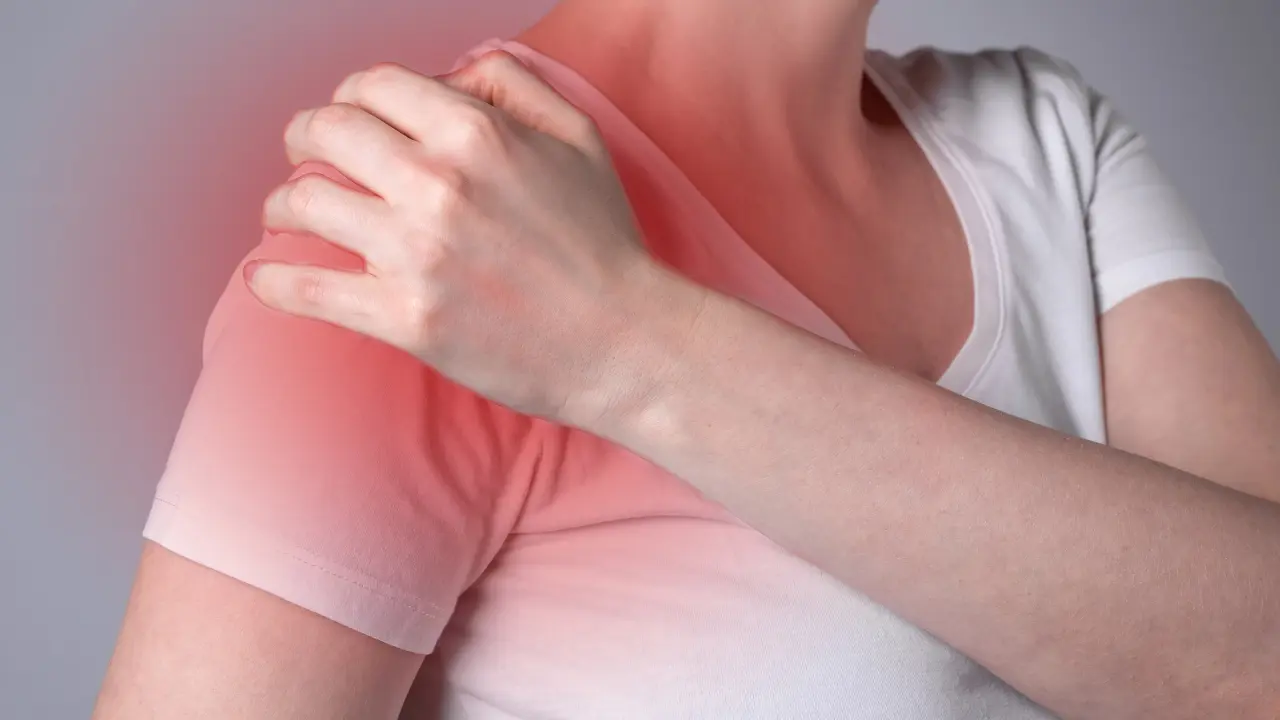World Arthritis Day 2024
World Arthritis Day 2024: World Arthritis Day (WAD) is a global health awareness event celebrated every year on October 12th. Its primary purpose is to promote awareness about rheumatic and musculoskeletal diseases, conditions that can impact our joints, connective tissues, and overall well-being. WAD aims to inform people about the signs and symptoms of these ailments, preventive measures, and the significance of early diagnosis in preventing further complications.
The History of World Arthritis Day
World Arthritis Day was established by Arthritis and Rheumatism International (ARI), with the first event taking place on October 12, 1996. Since then, various global communities, such as the Arthritis Foundation, have joined the cause to raise awareness, bridge the knowledge gap, provide support, promote access to communities, advocate for robust policies, and support research efforts.
The Significance of World Arthritis Day
Arthritis is an inflammatory condition that affects our joints and related tissues, often leading to joint pain and stiffness. There are more than 100 different types of arthritis, with osteoarthritis and rheumatoid arthritis being the most common ones. Due to a lack of awareness and adequate support, arthritis and related disorders have profoundly affected individuals worldwide.
The Role of WAD in Creating Awareness
WAD plays a crucial role in encouraging individuals, the medical community, and governments across the globe to participate in awareness campaigns. The objective is to create better opportunities for those dealing with rheumatic and musculoskeletal diseases.
Challenges Faced by Patients
Patients may encounter challenges in their everyday lives, including difficulties in education, social participation, employment, and forming relationships. Furthermore, they may experience medication side effects, feelings of loneliness, chronic pain, fear, and depression, all of which have a substantial impact on their lives and those of their caregivers.
Self-Care Tips for Managing Joint Pain Due to Arthritis
Effectively managing joint pain is crucial for those dealing with arthritis. Here are some self-care tips to help you regain control over your condition:
- Balanced Diet: Include plenty of anti-inflammatory foods, such as leafy greens, berries, ginger, nuts, legumes, and dietary fiber in your meals.
- Vitamin D and Calcium: Prioritize the intake of these vital nutrients for joint health.
- Maintain a Healthy Weight: Excess body weight places additional stress on your joints, especially weight-bearing ones.
- Regular Physical Activity: Engage in low-impact exercises like swimming, walking, and cycling, which are gentle on your joints.
- Yoga and Meditation: These practices can help relax your muscles and alleviate pain.
- Quit Smoking: Smoking can exacerbate arthritis symptoms, so quitting can lead to improved health.
Conclusion
World Arthritis Day serves as a significant event dedicated to increasing awareness about rheumatic and musculoskeletal diseases, with the ultimate goal of improving the lives of those affected. By understanding the importance of WAD, its annual themes, and implementing strategies for managing joint pain, we can work together to create a world where arthritis is better understood and individuals with RMDs receive the support and care they need to lead fulfilling lives.
12th October 2024 Special Day
As October 12th approaches, health advocates excitedly anticipate World Arthritis Day and the chance it brings to spread awareness of these complex conditions. The timing of this global event is a perfect opportunity to set ambitious wellness goals, refocus priorities towards early diagnosis, and be optimistic that proper treatment can reduce suffering. The arrival of 2024’s WAD refuels hope for a promising year ahead and a future of expanded understanding around diseases affecting joints and tissues. This special day focuses on informing the public about arthritis signs, symptoms, prevention measures and the profound importance of catching complications before they become worse.
- IBPS PO Vacancy 2025 Out, 5208 Vacancies Released, Latest Update
- Effective Study Strategies for the PFRDA Grade A Statistics
- Antonyms for SSC CHSL, Attempt 40 Questions Practice Set & Know Tips
- SSC CHSL Court Clerk Vs Bank Clerk – Which Job is Better? Know Here
- SSC CHSL Vs Bank Clerk Exam, Which Is Easy To Crack? Check Details

